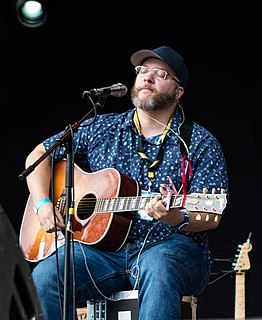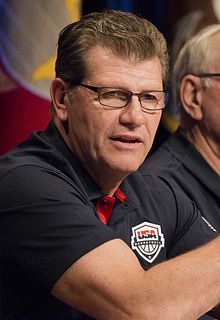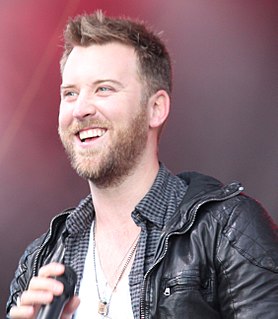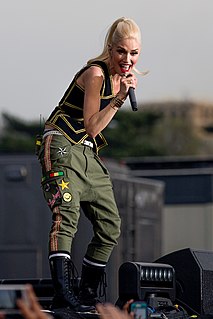A Quote by Jens Lekman
I don't like irony and sarcasm very much. But I do like it when you think someone is telling you a joke, and then you discover it's serious.
Related Quotes
In all honesty I think, sometimes with the LGBT community, if you look at anything else surrounding it, there's always been this oddness and sense of humor. I really appreciate that. It's kind of a hard world to take yourself too seriously. It's a good balance check. It's not serious all the time. I'm that way too, even though I write a lot of depressing music. A lot of times our shows are not very serious at all. We joke a lot and then we play a sad song and then we joke again.
If you are getting into coaching right out of college, you're not one of the coaches because you're not really, like, a coach yet. You're someone who's in limbo all the time. Navigating that is not easy. If you try to be too much like a player, then the coaches are like, You're not too serious about coaching. If you're going to be too much like a coach, the players are not going to confide in anything.
You know, I liken it to - when you write a joke for somebody else, it's like you - you know, like the Wile E. Coyote dynamite plunger, where he pushes the plunger down and then you see the fuse go then there's an explosion in the distance? That's like writing a joke for somebody. When you tell the joke, you're in the explosion.
I think there are a lot of artists that are very traditional. I think someone can be a fan of someone like Josh Turner and then turn around and be a big fan of someone like Taylor Swift because, at the end of the day, it's all about those songs. I feel like country music has the best songwriting and the best songs of any genre.
I suppose a good director is like a teacher. I think that someone like David Cronenberg was very much like a teacher, because there's an openness, but a certain set of rules of behavior, and a certain conduct expected. But there's an atmosphere that's relaxed and conducive to exploration, and that is created by someone like Cronenberg.




































